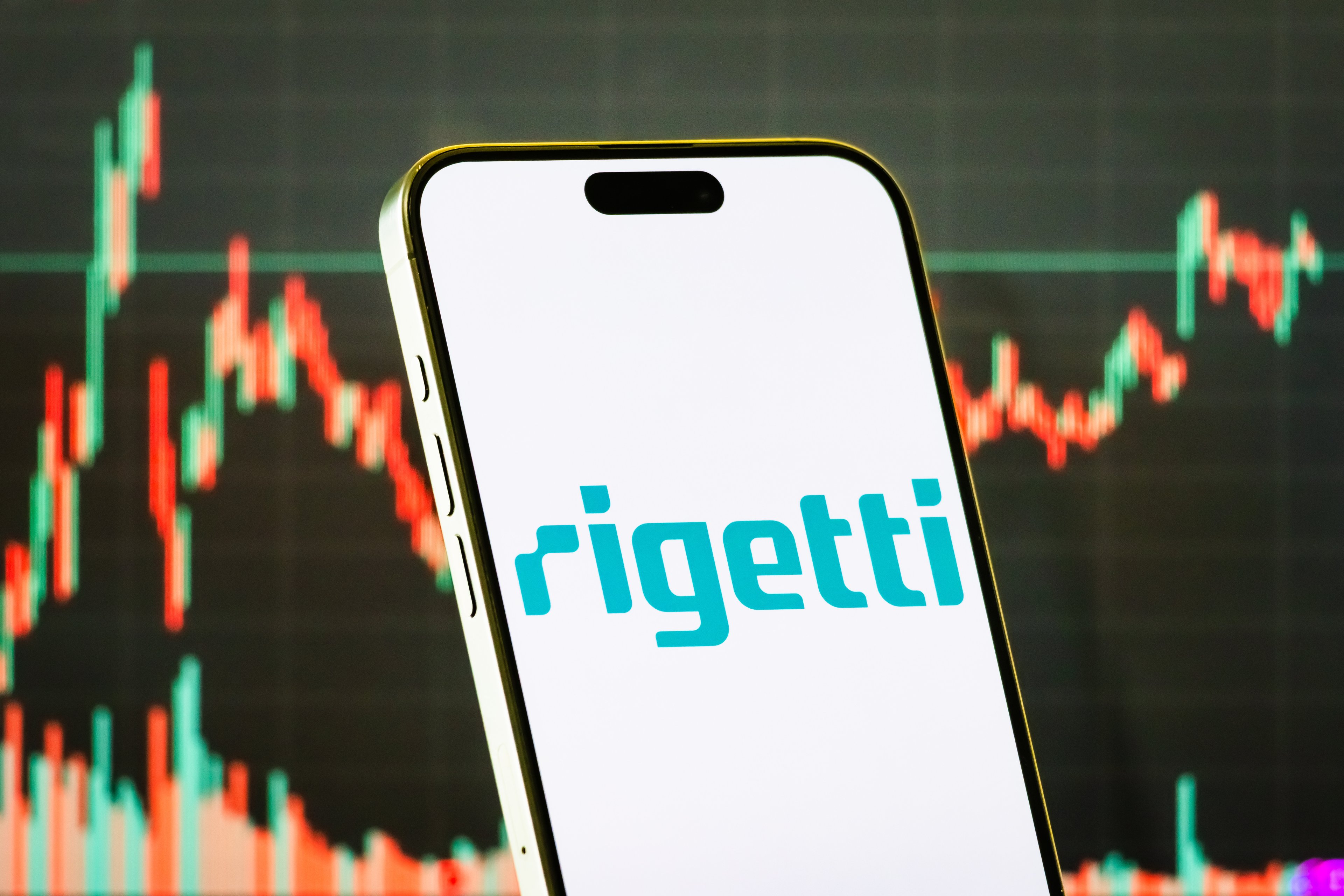With shares up by over 1,249% over the last 12 months, Rigetti Computing (RGTI 1.16%) is an excellent example of the tech sector's millionaire-making potential. The company is helping to pioneer the nascent quantum computing opportunity, and investors are encouraged by a series of technological breakthroughs in the industry.
But is Rigetti's recent performance a hype-driven fluke, or an early sign of multi-bagger returns over the next five years? Let's dig deeper to find out.

NASDAQ: RGTI
Key Data Points
What is quantum computing?
Quantum computing is a branch of computer science that aims to dramatically increase the computational power of machines by replacing their bits (a binary unit of information that can only represent one of two values) with qubits, which can be in many different states at once. If the tech works as intended, it would enable quantum computers to rapidly solve problems that would take a normal computer millions of years.
The potential real-world applications are endless. Quantum computers could be helpful in discovering new drugs, chemicals, or high-performance materials. They could also revolutionize logistics by quickly determining which combinations of stops are most efficient on a delivery route. The economic effects of this technology could reach into the trillions, making boatloads of money for early movers like Rigetti.
The company aims to monetize this opportunity through a "picks-and-shovels" business model, where it offers quantum computing power to clients via a cloud interface that can be accessed by traditional hardware. A series of recent breakthroughs has led some to believe that mainstream adoption could come sooner than previously expected.
Is quantum computing becoming mainstream?
In March, a California-based company called D-Wave Quantum published a report claiming that its commercially available Advantage2 quantum supercomputer outperformed Frontier, the world's most powerful supercomputer, on a limited test. This win follows Alphabet's Google's December announcement of its quantum chip, Willow, which offers the potential for greater speeds and error correction during calculations.
Both of these news events had a spillover effect on Rigetti's stock price, helping to explain its multi-bagger growth over the last year. However, investors should remember that these companies are Rigetti's direct competitors, and a rising tide won't necessarily lift all boats.

Image source: Getty Images.
In fact, over the long term, Rigetti could find itself overshadowed by these faster-growing and better-capitalized players in the industry. The company's lackluster operating results put this risk in focus.
In the first quarter, Rigetti's revenue dropped 52% year over year to $1.47 million. If that wasn't bad enough, its operating loss ballooned from $16.6 million to $21.6 million, mainly due to spiraling research and development costs as it seeks to help pioneer a brand new industry. Investors shouldn't expect the situation to turn around any time soon. CEO Subodh Kulkarni doesn't see his company generating significant commercial sales until three to five years from now.
There are better opportunities in the market
Rigetti's floundering operations stand in stark contrast to alternatives like D-Wave Quantum, which has already started limited commercialization. This Rigetti rival saw its first-quarter revenue jump 500% year over year to $15 million after the sale of its first quantum device to a research institution in Germany.
Alphabet is another long-term threat. While quantum won't be a material part of its vast business any time soon, the $2.1 trillion tech giant will have much more cash to pour into research and development, giving it a massive competitive advantage over smaller companies like Rigetti.
With a price-to-sales (P/S) ratio of 341, Rigetti's sky-high valuation doesn't seem to account for the significant uncertainty it will face over the next five years. Investors who want to bet on quantum computing should probably look for better options in the market.





